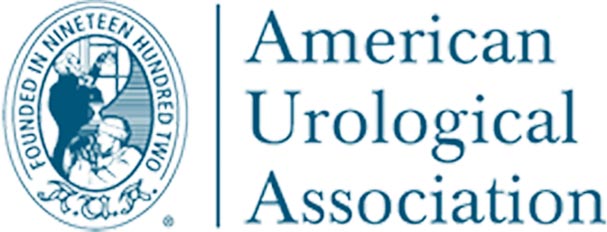The Dreaded Kidney Stones—What are They?
It might be telling to note that it was an intense personal experience with kidney stones back in 1990 that set Dr Michael Wong firmly on the path of Urology, particularly treating kidney stones!
Indeed, these small and hard crystals can be capable of causing intense and acute pain on many occasions.
Let’s address some common myths and questions you may have regarding kidney stones here:
Why is it So Painful?
The pain occurs when the stones rub against the inner lining of the urinary tract, potentially resulting in damage and bleeding; or worse, if they are so large (2-3mm) that they obstruct the flow of urine from the kidney.
When urine gets backed up, it can create waves of pain and cramping in an effect similar to labour contractions—possibly why, as Dr Michael Wong said of his personal experience, was “the closest to labour pains any man can experience”!
However, there are some cases where kidney stones are small enough to be passed without much pain.
We provide targeted treatments & pain relief that will help you manage better. Enquire now
How Do I Know if I Have Kidney Stones?
Symptoms vary depending on the size and location of the kidney stones. However, you should watch for these common symptoms:
- Intense pain in the side, back, lower abdomen and groin
- Painful and frequent urination
- Nausea and vomiting
- Fever and chills
- Abnormally coloured urine (red, brown, cloudy)
Seek immediate medical attention should you notice such acute symptoms.
Why Did This Happen?
Kidney stones form in the kidneys from dissolved minerals in urine, when the urine contains more crystal-forming substances—such as calcium, oxalate and uric acid—than the fluid can dilute.
Your urine may also be lacking in the substances that prevent crystals from sticking together, or you may be frequently dehydrated (which causes the urine to become concentrated).
1. Contributing Factor: Diet
- Foods that increase the risk of kidney stones include:
- Food high in oxalate such as beets, sweet potatoes and peanuts
- Excessive intake of calcium-rich foods such as milk, cheese and yoghurt
2. Contributing Factor: Health Conditions
- Health conditions that increase the risk of kidney stones include:
- Enlarged prostate, which can disrupt flow of urine
- Kidney disorders such as cystic kidney disease
- Metabolic disorders such as hyperparathyroidism
We perform detailed investigations to determine your risk factors & root cause. Contact us at (65) 6838 1212
Are All Kidney Stones Serious?
Kidney stones that are small enough can pass through the urinary tract without causing much issues.
Larger stones can cause bleeding and damage; and in severe cases, even resulting in kidney damage and failure if not treated in time.
It is best to seek prompt medical attention to ensure that no injuries were sustained; and receive proper medical and dietary advice to facilitate healing and reduce risk of recurrence.
Our Clinic is Open for Urgent Consultations to Treat Acute Cases of Kidney Stones
Dr Michael Wong
Medical Director & Senior Consultant Urologist
FAMS (Urology), FICS (USA), FRCS (Edinburgh),
M Med (Surgery), MBBS (Singapore)
With over 30 years of experience, Dr Michael Wong is a reputable urologist of international standing. He is particularly passionate about treating kidney stones, having personally endured this painful yet common condition back in 1990! This has given him valuable perspective from a kidney stone patient’s point of view.
Beyond his clinical work, Dr Wong has remained deeply involved in advancing the field of urology. In September 2025, he was elected President of the USA-based Endourological Society, the world’s leading organisation dedicated to minimally invasive surgery in urology. This represents the highest international leadership position in the field of urology.
Award 2018
by:

Kidney Stones Can Be Distressing—
Let Us Support You for Prompt
and Optimal Recovery
Mount Elizabeth Medical Centre, Singapore 228510

 6838 1212
6838 1212